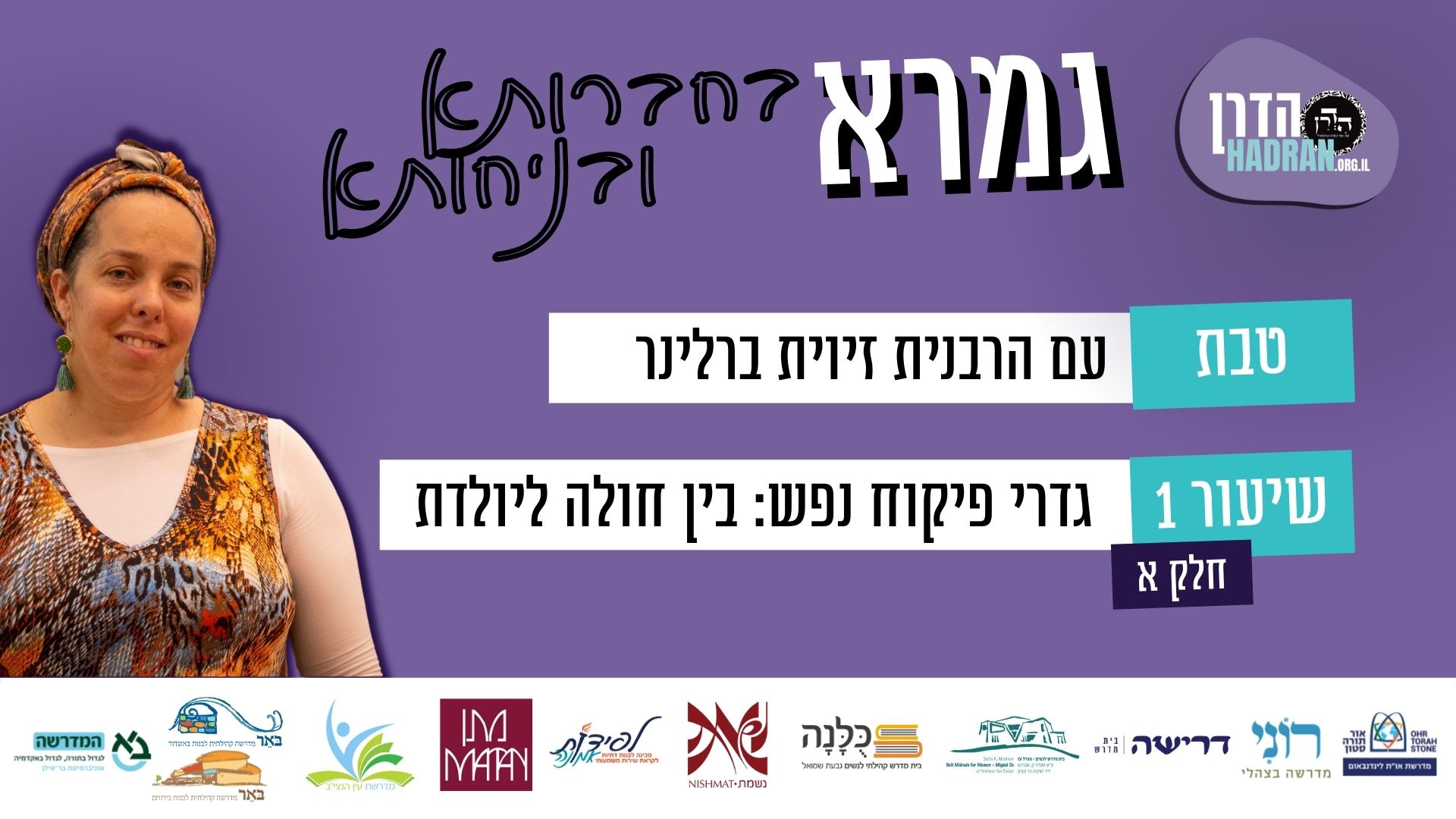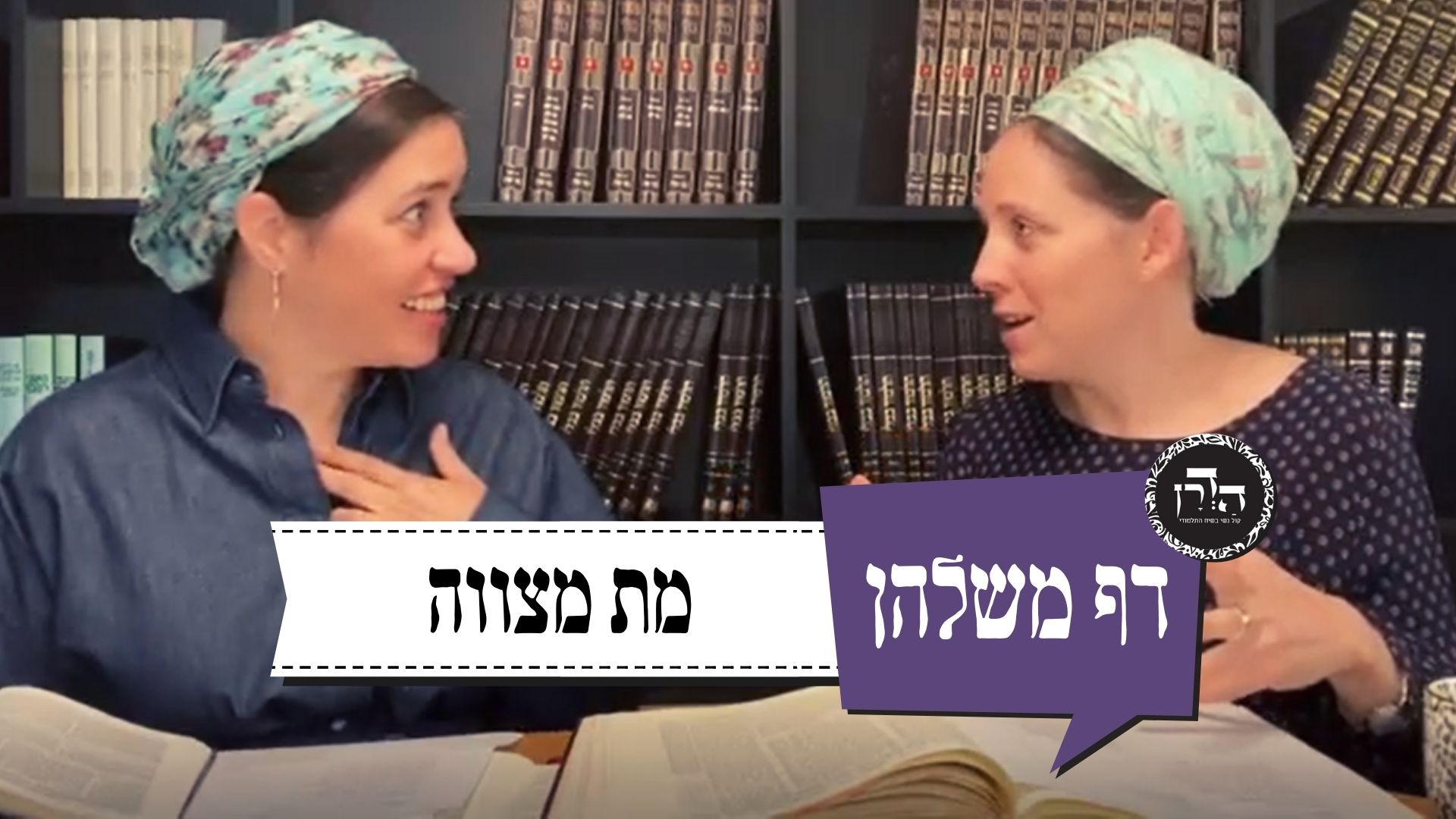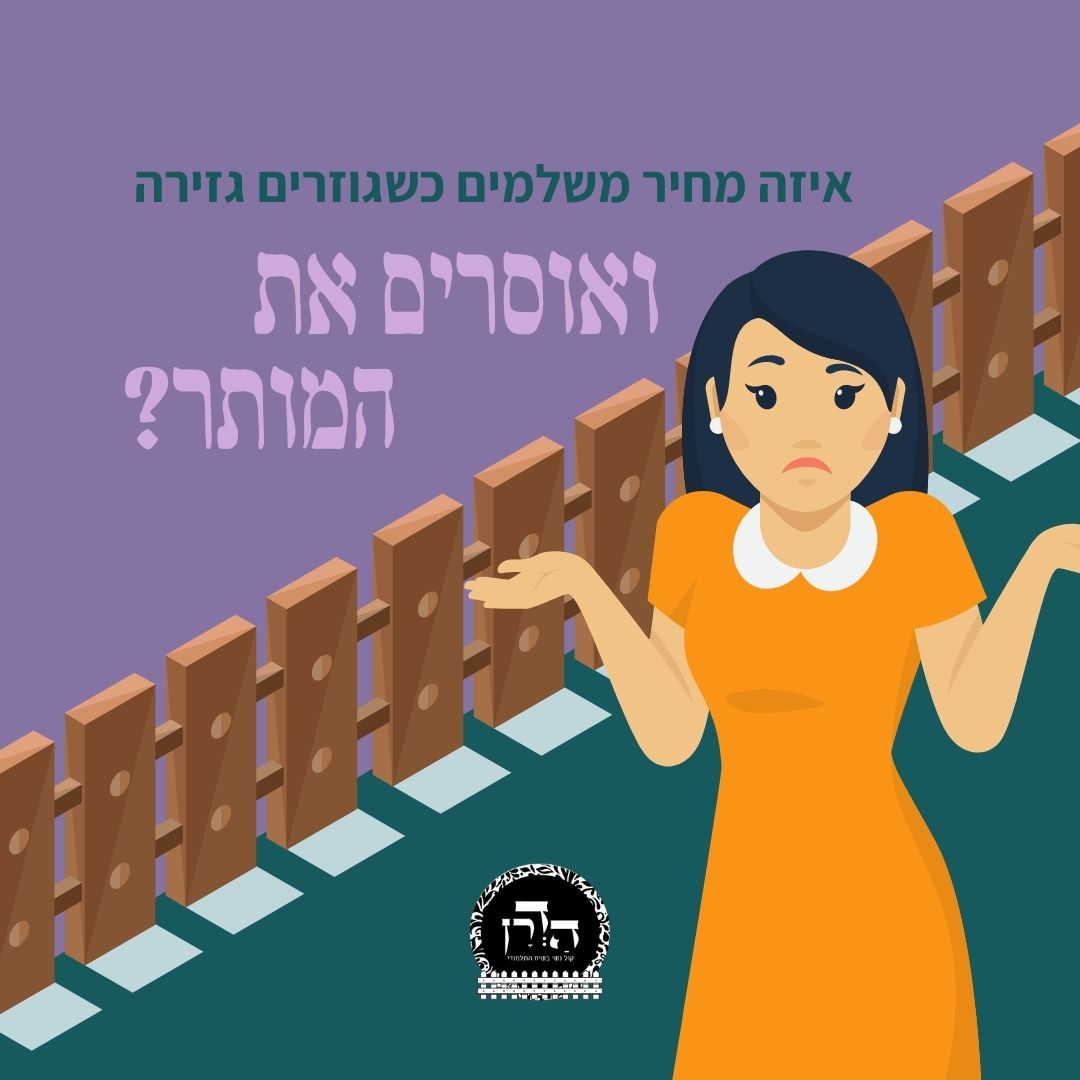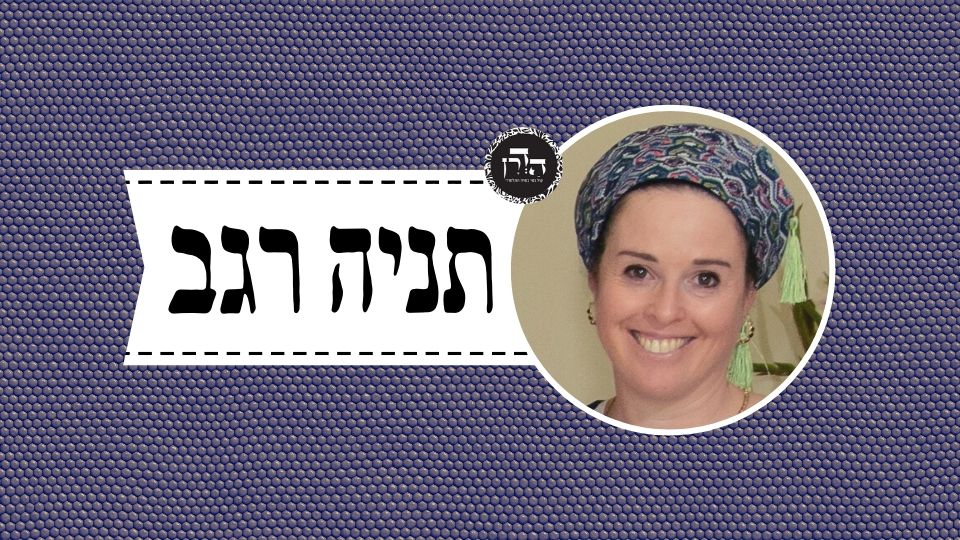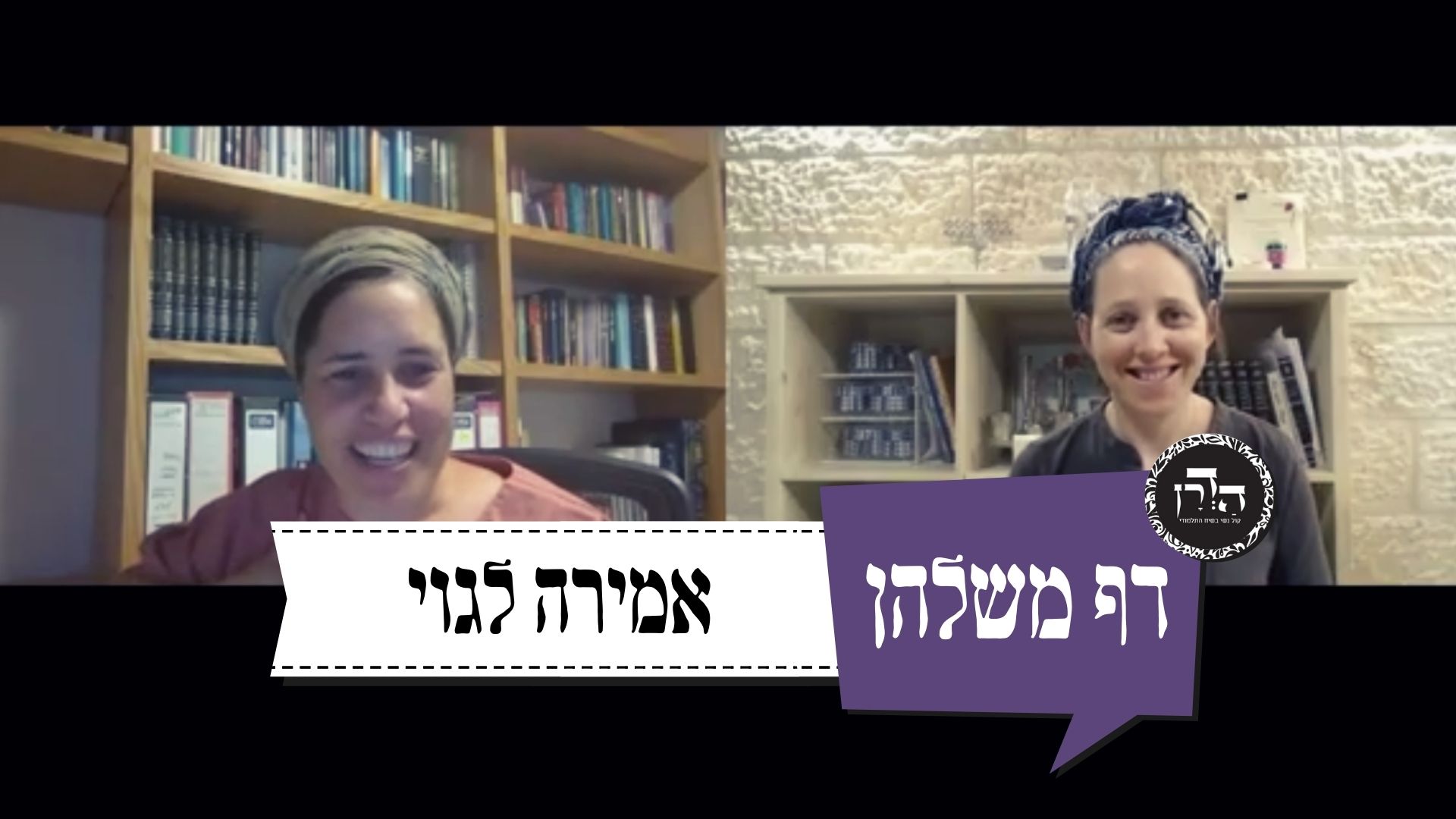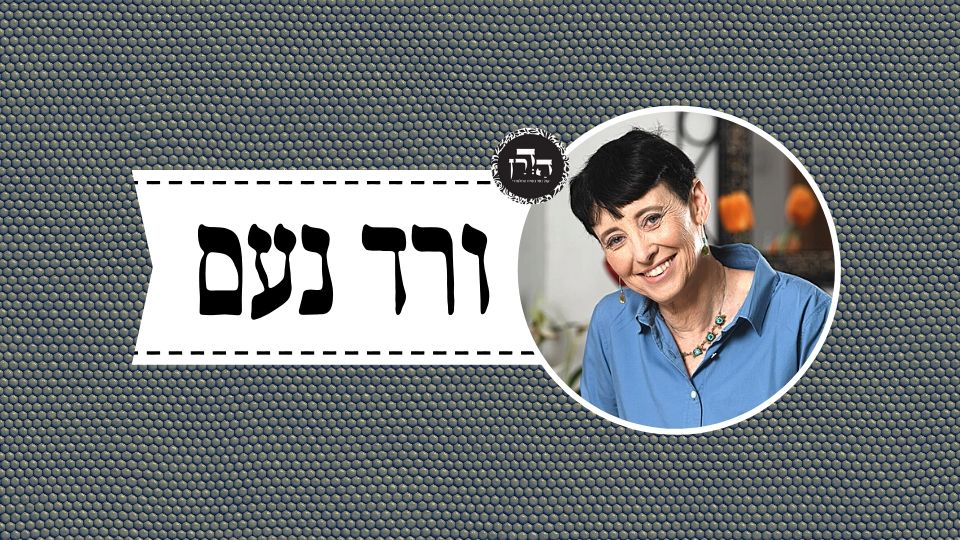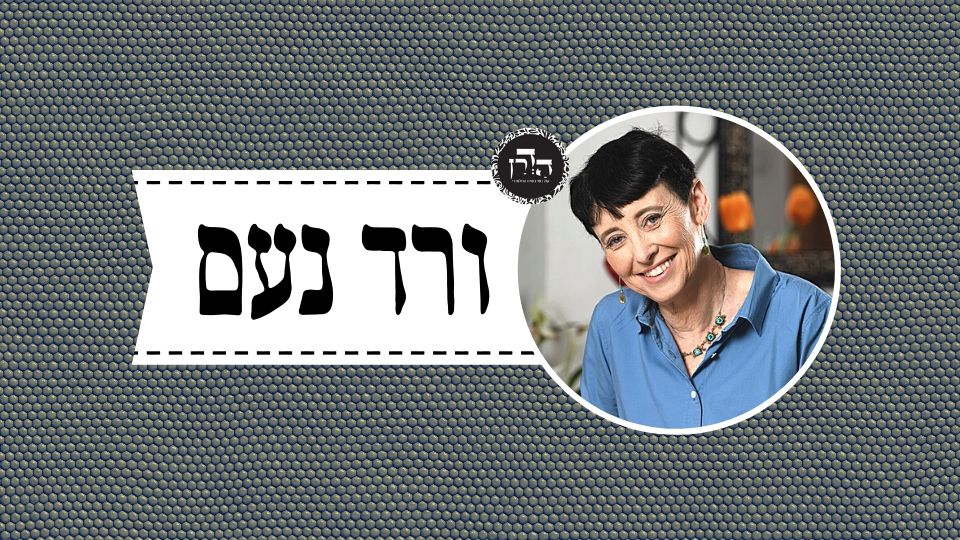שבת קב
מַתְנִי׳ הַזּוֹרֵק, וְנִזְכַּר מֵאַחַר שֶׁיָּצְתָה מִיָּדוֹ, קְלָטָהּ אַחֵר, קְלָטָהּ כֶּלֶב אוֹ שֶׁנִּשְׂרְפָה — פָּטוּר. זָרַק לַעֲשׂוֹת חַבּוּרָה, בֵּין בְּאָדָם וּבֵין בַּבְּהֵמָה, וְנִזְכַּר עַד שֶׁלֹּא נַעֲשֵׂית חַבּוּרָה — פָּטוּר. זֶה הַכְּלָל: כׇּל חַיָּיבֵי חַטָּאוֹת — אֵינָן חַיָּיבִין עַד שֶׁתְּהֵא תְּחִלָּתָן וְסוֹפָן שְׁגָגָה. תְּחִלָּתָן שְׁגָגָה וְסוֹפָן זָדוֹן, תְּחִילָּתָן זָדוֹן וְסוֹפָן שְׁגָגָה — פְּטוּרִין, עַד שֶׁתְּהֵא תְּחִילָּתָן וְסוֹפָן שְׁגָגָה.
MISHNA: One who unwittingly throws an object from one domain to another or one who throws an object four cubits within the public domain, and after the object left his hand he remembered that he is in violation of a prohibition, if another caught it, or if a dog caught it, or if it was burned, he is exempt. Similarly, if one threw a rock on Shabbat to inflict a wound on a person or on an animal, for which one is liable to bring a sin-offering, and he remembered that he was in violation of a prohibition before the wound was inflicted, he is exempt. This is the principle: All who are liable to bring sin-offerings are only liable if the beginning of their action and the conclusion of their action are unwitting. However, if the beginning of one’s action was unwitting and the conclusion was intentional, as he became aware that he was in violation of a prohibition, or if the beginning of one’s action was intentional and the conclusion was unwitting, the individuals in both of these cases are exempt until both the beginning and the conclusion are unwitting.
גְּמָ׳ הָא נָחָה — חַיָּיב? וַהֲלֹא נִזְכָּר, וּתְנַן: כׇּל חַיָּיבֵי חַטָּאוֹת אֵינָן חַיָּיבִין עַד שֶׁתְּהֵא תְּחִלָּתָן וְסוֹפָן שְׁגָגָה?! אָמַר רַב כָּהֲנָא: סֵיפָא אֲתָאן לְלַכְתָּא וּמִתְנָא.
GEMARA: We learned in the mishna that if one throws an object unwittingly and then remembers that he was in violation of a prohibition, he is exempt if the object did not come to rest on the ground. The Gemara infers: If the object comes to rest, he is liable. The Gemara asks: Why is he liable? Didn’t he remember the prohibition before it landed, and we learned in the mishna: All who are liable to bring sin-offerings are only liable if the beginning of their action and the conclusion of their action will be unwitting? If one remembered before the act was complete, he should be exempt. Rav Kahana said: With regard to the latter clause of the mishna, we have come to a special case of a bolt and a cord. The bolt is connected to a cord that one holds in his hand, which renders him capable of retrieving the bolt before it lands. Therefore, in a case where the beginning was unwitting and the conclusion was intentional, one is exempt because he is still capable of changing the outcome of the action. However, in the first clause of the mishna, once the object left his hand the action is irreversible, and therefore it is an action whose beginning and conclusion are unwitting.
לַכְתָּא וּמִתְנָא אוֹגְדוֹ בְּיָדוֹ הוּא! כְּגוֹן שֶׁנִּתְכַּוֵּין לַעֲשׂוֹת חַבּוּרָה. הָא נָמֵי תְּנֵינָא: הַזּוֹרֵק לַעֲשׂוֹת חַבּוּרָה, בֵּין בָּאָדָם בֵּין בַּבְּהֵמָה, וְנִזְכַּר עַד שֶׁלֹּא נַעֲשֵׂית חַבּוּרָה — פָּטוּר! אֶלָּא אָמַר רָבָא: בְּמַעֲבִיר.
The Gemara asks: The case of the bolt and the cord is one where one holds it in his hand. Therefore, no act of throwing actually took place, and there is no liability to bring a sin-offering. The Gemara answers: The case of the bolt and the cord was not stated with regard to Shabbat. Rather, it was stated with regard to one who intended to inflict a wound by throwing an object tied to a rope. The Gemara asks: This was also taught explicitly in the mishna: If one threw a rock on Shabbat to inflict a wound on a person or on an animal, and he remembered before the wound was inflicted, he is exempt. Rather, Rava said: This principle was stated with regard to a case of carrying, not throwing an object. Since one is holding the object the entire time while violating the prohibition, and is capable of letting it go at any time, this is a case whose beginning and conclusion are intentional.
וְהָא ״זֶה הַכְּלָל״ דְּקָתָנֵי, אַזְּרִיקָה קָתָנֵי. אֶלָּא אָמַר רָבָא, תַּרְתֵּי קָתָנֵי: הַזּוֹרֵק וְנִזְכַּר מֵאַחַר שֶׁיָּצְתָה מִיָּדוֹ, אִי נָמֵי לֹא נִזְכַּר וּקְלָטָהּ אַחֵר אוֹ קְלָטָהּ כֶּלֶב אוֹ שֶׁנִּשְׂרְפָה — פָּטוּר.
The Gemara asks: Wasn’t this principle that was taught, taught with regard to throwing because that is the topic of the mishna? Rather, Rava said: Two separate matters were taught in the mishna. The first case is: One who unwittingly throws an object, and after the object left his hand he remembered that he was in violation of a prohibition. Alternatively, another case where one is exempt is: A case where one did not remember and another caught it, or a dog caught it, or if it was burned, he is exempt.
רַב אָשֵׁי אָמַר: חַסּוֹרֵי מְחַסְּרָא, וְהָכִי קָתָנֵי: הַזּוֹרֵק וְנִזְכַּר מֵאַחַר שֶׁיָּצְתָה מִיָּדוֹ, קְלָטָהּ אַחֵר אוֹ קְלָטָהּ כֶּלֶב אוֹ שֶׁנִּשְׂרְפָה — פָּטוּר. הָא נָחָה — חַיָּיב. בַּמֶּה דְּבָרִים אֲמוּרִים — שֶׁחָזַר וְשָׁכַח, אֲבָל לֹא חָזַר וְשָׁכַח — פָּטוּר, שֶׁכׇּל חַיָּיבֵי חַטָּאוֹת אֵינָן חַיָּיבִין עַד שֶׁתְּהֵא תְּחִלָּתָן וְסוֹפָן שְׁגָגָה.
Rav Ashi said: The mishna is incomplete, and it teaches the following: One who throws a rock and remembers the violation after it left his hand, if another caught it, or if a dog caught it, or if it was burned, he is exempt. By inference, if the object comes to rest, he is liable. Rav Ashi adds: In what case are these matters stated? In a case where one then forgot again before the object came to rest. However, if one did not then forget again, he is exempt because all who are liable to bring sin-offerings are liable only if the beginning of their action and the conclusion of their action are unwitting.
זֶה הַכְּלָל: כׇּל חַיָּיבֵי חַטָּאוֹת כּוּ׳. אִיתְּמַר: שְׁתֵּי אַמּוֹת בְּשׁוֹגֵג, שְׁתֵּי אַמּוֹת בְּמֵזִיד, שְׁתֵּי אַמּוֹת בְּשׁוֹגֵג — רַבָּה אָמַר: פָּטוּר. רָבָא אָמַר: חַיָּיב.
We learned in the mishna that this is the principle: All who are liable to bring sin-offerings are only liable if the beginning of their action and the conclusion of their action are unwitting. It was stated that amora’im disputed this point. With regard to a case where one carried an object in the public domain two cubits unwittingly, and then became aware and carried it two more cubits intentionally, and then carried it two additional cubits unwittingly, and then placed the object, can this be characterized as a case in which the beginning of the action and the conclusion of the action are unwitting? Rabba said: One is exempt. Rava said: One is liable.
רַבָּה אָמַר פָּטוּר, אֲפִילּוּ לְרַבָּן גַּמְלִיאֵל דְּאָמַר אֵין יְדִיעָה לַחֲצִי שִׁיעוּר, הָתָם הוּא דְּכִי קָא גָמַר שִׁיעוּרָא — בְּשׁוֹגֵג קָא גָמַר, אֲבָל הָכָא דִּבְמֵזִיד — לָא.
The Gemara clarifies the two positions. Rabba said: One is exempt. This is the halakha even according to Rabban Gamliel, who said: There is no awareness for half a measure, and therefore he is liable. Since one is not liable to bring a sacrifice for a half-measure, the fact that he became aware between consumption of the two halves of an olive-bulk is of no significance. One’s awareness does not demarcate between the two half-measures of two cubits with regard to liability to bring a sin-offering. He only said so there, when the measure that determines liability was completed, it was completed unwittingly. However, here, when the measure is completed, it is completed intentionally. In that case, he would say no, he is not liable. The measure that determines liability for carrying in the public domain on Shabbat is four cubits. When the object reached four cubits, he was carrying the object intentionally.
וּבְמַאי? אִי בְּזוֹרֵק — שׁוֹגֵג הוּא! אֶלָּא בְּמַעֲבִיר.
The Gemara explains: And in what case was this stated? If it was stated with regard to a case of throwing, the entire act was unwitting because when he became aware, there was nothing he could do to prevent the object from landing. Rather, it must have been with regard to a case of carrying.
רָבָא אָמַר חַיָּיב, וַאֲפִילּוּ לְרַבָּנַן דְאָמְרִי יֵשׁ יְדִיעָה לַחֲצִי שִׁיעוּר, הָתָם הוּא דִּבְיָדוֹ, אֲבָל הָכָא דְּאֵין בְּיָדוֹ — לָא. וּבְמַאי? אִי בְּמַעֲבִיר — הֲרֵי בְּיָדוֹ! וְאֶלָּא בְּזוֹרֵק.
Rava said: One is liable. Even according to the Rabbis, who said: There is awareness for half a measure, and therefore he is exempt, they only said so there, where it is still in his control to complete or terminate the action. But here, where it is not in his control to affect the outcome, they would not say so and would deem him liable. And in what case was this stated? If it was stated with regard to a case of carrying, the outcome is still in his control. Rather, it must have been with regard to a case of throwing. Apparently, Rabba and Rava do not disagree. They are discussing separate cases.
אָמַר רַבָּה: זָרַק וְנָחָה בְּפִי הַכֶּלֶב אוֹ בְּפִי הַכִּבְשָׁן — חַיָּיב. וְהָאֲנַן תְּנַן: קְלָטָהּ אַחֵר אוֹ קְלָטָהּ הַכֶּלֶב אוֹ שֶׁנִּשְׂרְפָה — פָּטוּר! הָתָם דְּלָא מְכַוֵּין, הָכָא דְּקָא מְכַוֵּין.
Rabba said: If one unwittingly threw an object from one domain to another or unwittingly threw an object four cubits in a public domain on Shabbat, and it came to rest in the mouth of a dog or in a furnace, he is liable. The Gemara asks: Didn’t we learn in the mishna: If another caught it, or if a dog caught it, or if it was burned, he is exempt? The Gemara answers: There, the case of the mishna where one is exempt, one did not intend to throw it into the dog’s mouth. A dog came and snatched the object, preventing it from landing at its intended destination. Since the intention of the thrower was not realized, he is exempt. However, here, where Rabba said that the thrower is liable, he intended to throw the object into the dog’s mouth. He is liable because his intention was realized.
אָמַר רַב בִּיבִי בַּר אַבָּיֵי, אַף אֲנַן נָמֵי תְּנֵינָא: יֵשׁ אוֹכֵל אֲכִילָה אַחַת וְחַיָּיב עָלֶיהָ אַרְבַּע חַטָּאוֹת וְאָשָׁם אֶחָד. הַטָּמֵא שֶׁאָכַל חֵלֶב, וְהוּא נוֹתָר מִן הַמּוּקְדָּשִׁין, בְּיוֹם הַכִּפּוּרִים.
Rav Beivai bar Abaye said: We also learned support for that distinction in a mishna: There is a person who performs a single act of eating an olive-bulk of food, and he is liable to bring four sin-offerings and one guilt-offering. How so? This halakha applies to one who is ritually impure who ate forbidden fat that was notar from a consecrated offering, i.e., it remained after the time when it may have been eaten expired, and this happened on Yom Kippur. The person who did this is liable to bring one sin-offering for eating consecrated food while impure, one for eating forbidden fat, one for eating notar, and one for eating on Yom Kippur. He is also liable to bring a guilt-offering for misuse of consecrated items.
רַבִּי מֵאִיר אוֹמֵר: אַף אִם הָיְתָה שַׁבָּת וְהוֹצִיאוֹ [בְּפִיו] — חַיָּיב. אָמְרוּ לוֹ: אֵינוֹ מִן הַשֵּׁם. וְאַמַּאי? הָא אֵין דֶּרֶךְ הוֹצָאָה בְּכָךְ! אֶלָּא: כֵּיוָן דְּקָא מִיכַּוֵּין — מַחְשַׁבְתּוֹ מְשַׁוְּיָא לֵיהּ מָקוֹם. הָכָא נָמֵי, כֵּיוָן דְּקָא מִיכַּוֵּין — מַחְשַׁבְתּוֹ מְשַׁוְּיָא לֵיהּ מָקוֹם.
Rabbi Meir says: There is one more sin-offering for which he may be liable. In addition, if it was Shabbat and he carried this olive-bulk of food from one domain to another in his mouth, he is liable for carrying out on Shabbat. The Rabbis said to Rabbi Meir: Liability for the sin-offering that you added is not incurred from violation of the same type of prohibition. He is liable for carrying out the food, not for eating it. However, fundamentally, the Rabbis agree that one would be liable for carrying out in that case. The Gemara asks: And why would one be liable? That carrying, which was done in one’s mouth, is not the typical manner of carrying out. Rather, it must be that since he intended to carry out the object in that manner, his thought renders his mouth a suitable place for placement of an object. Here, too, since he intends to throw the object into the dog’s mouth, his thought renders the dog’s mouth a suitable place for placement of an object, and he is liable for throwing it there.
הדרן עלך הזורק
MISHNA: With regard to one who builds on Shabbat, thereby violating a prohibition in a primary category of prohibited labor, how much must he build to be liable to bring a sin-offering? The Sages said: One who builds is liable for building any amount. And one who chisels, or strikes with a hammer or with an adze, or one who drills a hole of any size on Shabbat, is liable. This is the principle: Anyone who performs a prohibited labor and his labor endures on Shabbat is liable. And so too, Rabban Shimon ben Gamliel says: Even one who strikes an anvil with a sledgehammer during his labor has performed a constructive act and is liable, because he is as one who improves the labor that he is performing.
מַתְנִי׳ הַבּוֹנֶה, כַּמָּה יִבְנֶה וִיהֵא חַיָּיב? הַבּוֹנֶה כׇּל שֶׁהוּא, וְהַמְסַתֵּת וְהַמַּכֶּה בַּפַּטִּישׁ וּבְמַעֲצָד, הַקּוֹדֵחַ כׇּל שֶׁהוּא — חַיָּיב. זֶה הַכְּלָל: כׇּל הָעוֹשֶׂה מְלָאכָה, וּמְלַאכְתּוֹ מִתְקַיֶּימֶת בַּשַּׁבָּת — חַיָּיב. וְכֵן רַבָּן שִׁמְעוֹן בֶּן גַּמְלִיאֵל אוֹמֵר: אַף הַמַּכֶּה בְּקוּרְנָס עַל הַסַּדָּן בִּשְׁעַת מְלָאכָה — חַיָּיב, מִפְּנֵי שֶׁהוּא כִּמְתַקֵּן מְלָאכָה.
GEMARA: The Gemara asks: With regard to any small amount of building, for what use is it suited? Rabbi Yirmeya said: As a poor person digs a hole in the floor of his house in which to hide his coins. Digging a hole in the floor of a house is an act of building. The corresponding situation in the Tabernacle was as those who sewed curtains in the Tabernacle dug holes in which to hide their needles. Abaye said: Since needles rust in the ground, they did not do so. The Gemara seeks a different example of small-scale building that is significant. Rather, an example is that a poor person makes legs for a small stove to place a small pot on it. The corresponding situation in the Tabernacle was with regard to those who cooked herbs used to dye curtains, whose dyeing process was lacking a small amount for completion. At that point, it was not worth the effort to cook a large quantity of dye, and so they would make legs for a small stove upon which to place a small cauldron to cook a small bit of dye to finish the job.
גְּמָ׳ כׇּל שֶׁהוּא לְמַאי חַזְיָא? אָמַר רַבִּי יִרְמְיָה: שֶׁכֵּן עָנִי חוֹפֵר גּוּמָּא לְהַצְנִיעַ בָּהּ פְּרוּטוֹתָיו. דִּכְווֹתַהּ גַּבֵּי מִשְׁכָּן, שֶׁכֵּן תּוֹפְרֵי יְרִיעוֹת חוֹפְרִין גּוּמָּא לְהַצְנִיעַ בָּהּ מַחֲטֵיהֶן. אַבָּיֵי אָמַר: כֵּיוָן דְּמִשַּׁתְּכִי לָא עָבְדִי הָכִי. אֶלָּא, שֶׁכֵּן עָנִי עוֹשֶׂה פִּיטְפּוּטֵי כִּירָה קְטַנָּה לִשְׁפּוֹת עָלֶיהָ קְדֵירָה קְטַנָּה. דִּכְווֹתַהּ גַּבֵּי מִשְׁכָּן, מְבַשְּׁלֵי סַמָּנִין לִצְבּוֹעַ יְרִיעוֹת שֶׁחָסְרָה מְלַאכְתָּן, עוֹשִׂין פִּיטְפּוּטֵי כִּירָה קְטַנָּה לִשְׁפּוֹת עָלֶיהָ יוֹרָה קְטַנָּה.
Rav Aḥa bar Ya’akov said: There is no poverty in a place of wealth. In the Tabernacle, as in any public project, actions are not performed on a small scale or in parsimonious quantities; they were performed generously. Those who cooked dyes in the Tabernacle had no use for small crucibles. Rather, an example of significant small-scale building is a homeowner who has a small hole in his house and seals it. The corresponding situation in the Tabernacle was with regard to a beam that was set upon by a worm that bore a hole into it; one pours lead into the hole and seals it.
רַב אַחָא בַּר יַעֲקֹב אָמַר: אֵין עֲנִיּוּת בִּמְקוֹם עֲשִׁירוּת. אֶלָּא, שֶׁכֵּן בַּעַל הַבַּיִת שֶׁיֵּשׁ לוֹ נֶקֶב בְּבִירָתוֹ וְסוֹתְמוֹ, דִּכְווֹתַהּ גַּבֵּי מִשְׁכָּן, שֶׁכֵּן קֶרֶשׁ שֶׁנָּפְלָה בּוֹ דַּרְנָא — מַטִּיף לְתוֹכָהּ אֲבָר וְסוֹתְמוֹ.
Shmuel said: If one sets a stone in place on Shabbat, i.e., he takes a building stone and fixes it in place on the ground on Shabbat, he is liable for performing the prohibited labor of building. The Gemara raises an objection to this from that which the Sages taught with regard to building on Shabbat. In a case where one puts down a stone and another one places the mortar, the one who places the mortar is liable for building. Apparently, the prohibition of building is only violated when mortar is added. Merely setting a stone in place is not enough to establish liability.
אָמַר שְׁמוּאֵל: הַמְצַדֵּד אֶת הָאֶבֶן — חַיָּיב. מֵיתִיבִי, אֶחָד נוֹתֵן אֶת הָאֶבֶן וְאֶחָד נוֹתֵן אֶת הַטִּיט — הַנּוֹתֵן אֶת הַטִּיט חַיָּיב!
The Gemara answers: And according to your line of reasoning, say the latter clause of that mishna where we learn that Rabbi Yosei says: And even if one lifted the stone and placed it on a top row of stones [dimos], he is liable even without securing it with mortar. Rather, apparently, there are three different kinds of building: Bottom row, middle row, and upper row. The bottom row requires setting the stones in place and dirt to hold it in place. The middle row requires mortar as well. The upper row suffices with mere placement.
וְלִיטַעְמָיךְ, אֵימָא סֵיפָא, רַבִּי יוֹסֵי אוֹמֵר: וַאֲפִילּוּ הֶעֱלָה וְהִנִּיחַ עַל גַּבֵּי דִּימוֹס שֶׁל אֲבָנִים — חַיָּיב! אֶלָּא תְּלָתָא בִּנְיָינֵי הָווּ: תַּתָּא, מְצִיעָאָה, וְעִילָּאָה. תַּתָּא בָּעֵי צַדּוֹדֵי וְעַפְרָא. מְצִיעָא בָּעֵי נָמֵי טִינָא. עִילָּאָה בְּהַנָּחָה בְּעָלְמָא.
We learned in the mishna: One who chisels any amount is liable. The Gemara asks: With regard to one who chisels, for which primary category of prohibited labor is he liable? Rav said: He is liable due to the prohibited labor of building. And Shmuel said: He is liable due to the prohibited labor of striking a blow with a hammer to complete the production process of a vessel. They similarly disagreed with regard to one who makes a hole in a chicken coop. Rav said: He is liable due to the prohibited labor of building. And Shmuel said: He is liable due to the prohibited labor of striking a blow with a hammer. And similarly, with regard to one who inserts a pin into the handle of a hoe in order to secure the handle, Rav said: He is liable due to the prohibited labor of building. And Shmuel said: He is liable due to the prohibited labor of striking a blow with a hammer.
וְהַמְסַתֵּת. מְסַתֵּת מִשּׁוּם מַאי מִיחַיַּיב? רַב אָמַר: מִשּׁוּם בּוֹנֶה, וּשְׁמוּאֵל אָמַר: מִשּׁוּם מַכֶּה בַּפַּטִּישׁ. הָעוֹשֶׂה נֶקֶב בְּלוּל שֶׁל תַּרְנְגוֹלִים, רַב אָמַר: מִשּׁוּם בּוֹנֶה, וּשְׁמוּאֵל אָמַר: מִשּׁוּם מַכֶּה בַּפַּטִּישׁ. עַיֵּיל שׁוּפְתָּא בְּקוֹפִינָא דְמָרָא, רַב אָמַר: מִשּׁוּם בּוֹנֶה, וּשְׁמוּאֵל אָמַר: מִשּׁוּם מַכֶּה בַּפַּטִּישׁ.
The Gemara comments: It is necessary for the Gemara to teach us that Rav and Shmuel disagreed in each of these cases because one could not be inferred from the other. As, had the Gemara told us only the first case of chiseling, I would have said that it is specifically in that case that Rav said one is liable for building because it is a typical manner of building; however, with regard to one who makes a hole in a chicken coop, which is not a typical manner of building, say that Rav agrees with Shmuel that this is not subsumed under the rubric of the prohibited labor of building. And had the Gemara told us only about this case of making a hole in a chicken coop, I would have said that it is specifically in that case that Rav said one is liable for building, because it is similar to building, as people do so for ventilation in a chicken coop, just as they place windows in buildings.
וּצְרִיכָא, דְּאִי אַשְׁמְעִינַן קַמַּיְיתָא — בְּהַהִיא קָאָמַר רַב, מִשּׁוּם דְּדֶרֶךְ בִּנְיָן בְּכָךְ. אֲבָל עוֹשֶׂה נֶקֶב בְּלוּל שֶׁל תַּרְנְגוֹלִים, דְּאֵין דֶּרֶךְ בִּנְיָן בְּכָךְ — אֵימָא מוֹדֶה לֵיהּ לִשְׁמוּאֵל. וְאִי אַשְׁמְעִינַן בְּהָא — בְּהָא קָאָמַר רַב, מִשּׁוּם דְּדָמֵי לְבִנְיָן, דְּעַבְדֵיהּ לְאַוֵּירָא,
However, inserting a pin into the handle of a hoe, which is not a typical manner of building, say that Rav agrees with Shmuel that it is not subsumed under the rubric of the prohibited labor of building. Conversely, had the Gemara told us only about this case of inserting a pin into the handle of a hoe, I would have said that it is only in that case that Shmuel said that the action is not subsumed under the rubric of the prohibited labor of building; however, with regard to these other two cases of chiseling and making a hole in the coop, say that Shmuel agrees with Rav that they are subsumed under the rubric of the prohibited labor of building. Therefore, it was necessary to cite all three disputes.
אֲבָל שׁוּפְתָּא בְּקוֹפִינָא דְמָרָא דְּאֵין דֶּרֶךְ בִּנְיָן בְּכָךְ — אֵימָא מוֹדֶה לֵיהּ לִשְׁמוּאֵל. וְאִי אַשְׁמְעִינַן בְּהָא, בְּהָא קָאָמַר שְׁמוּאֵל, אֲבָל בְּהָנָךְ תַּרְתֵּי — אֵימָא מוֹדֶה לֵיהּ לְרַב, צְרִיכָא.
Rav Natan bar Oshaya raised a dilemma before Rabbi Yoḥanan: With regard to one who chisels, for which primary category of prohibited labor is he liable? He indicated with his hand that he is liable for striking a blow with a hammer. The Gemara asks: Didn’t we learn in the mishna: One who chisels and one who strikes a blow with a hammer, indicating that they are two different prohibitions? The Gemara answers: Emend this and say: One who chisels is liable due to the prohibition of striking a blow with a hammer.
בְּעָא מִינֵּיהּ רַב נָתָן בַּר אוֹשַׁעְיָא מֵרַבִּי יוֹחָנָן: מְסַתֵּת מִשּׁוּם מַאי מִיחַיַּיב? אַחְוִי לֵיהּ בִּידֵיהּ מִשּׁוּם מַכֶּה בַּפַּטִּישׁ. וְהָאֲנַן תְּנַן: הַמְסַתֵּת וְהַמַּכֶּה בַּפַּטִּישׁ! אֵימָא: הַמְסַתֵּת הַמַּכֶּה בַּפַּטִּישׁ.
Come and hear a proof that will resolve this dilemma from that which we learned:
תָּא שְׁמַע:



